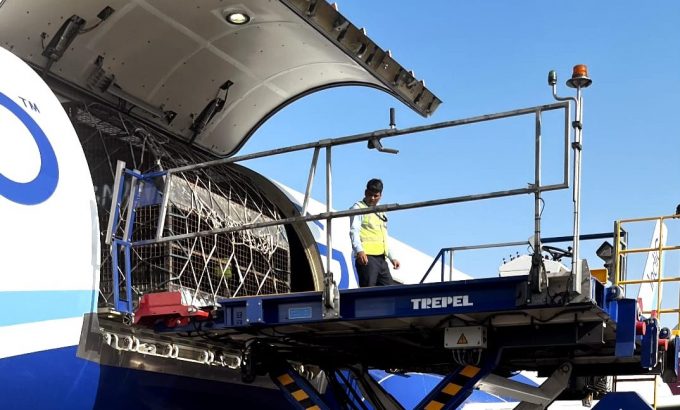Air India widens transhipment station network to target cargo market share
Tata Group-owned Air India is cementing its cargo operations out of India to take advantage ...

India’s air cargo market is proving a lucrative bet for freighter operators and other supply chain stakeholders as volumes rebound after Covid.
Shipments in and out of Indian airports were up 7% year on year, to 3.4m tonnes in fiscal year 2023-24 that ended in March, according to new data from the Airport Authority of India (AAI).
Countrywide volumes hit an all-time high in March, to some 330,000 tonnes, up from 293,000 tonnes in February.
Even more significantly, international loads at Indian airports ...
Maersk u-turn as port congestion increases across Northern Europe
Apple logistics chief Gal Dayan quits to join forwarding group
Transpac rates hold firm as capacity is diverted to Asia-Europe lanes
Maersk Air Cargo sees volumes fall as it aims for 'margin in favour of revenue'
Houthis tell Trump they will end attacks on Red Sea shipping
Airlines slash freighter capacity post-de minimis, but 'the worst is yet to come'
MSC revamps east-west network as alliance strategies on blanking vary
India-Pakistan 'tit-for-tat' cargo ban sparks sudden supply chain shocks


Comment on this article